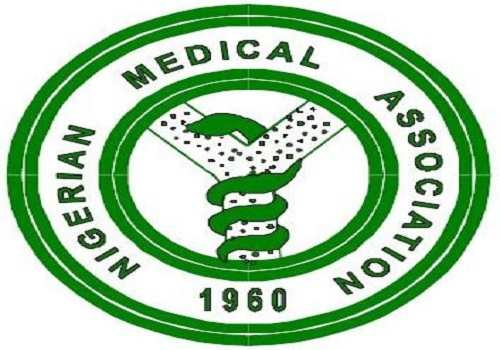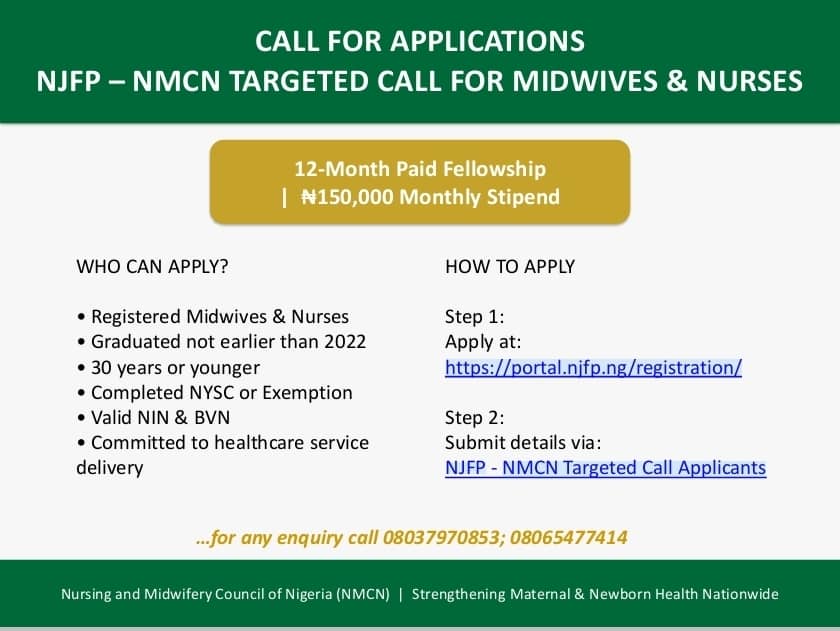The Nigeria Civil Aviation Authority (NCAA) issued an alert to airline operators last week in order to guard against flying Ebola-infested passengers into Nigeria. The directive was based on the World Health Organization (WHO’s) declaration of the Ebola crisis in the Democratic Republic of Congo as a Public Health Emergency of International Concern (PHEIC).
In line with WHO’s declaration, NCAA has asked all airline operators in Nigeria to exercise a high level of vigilance to ensure that Ebola-infected passengers are not brought into Nigeria. The spokesman of NCAA, Mr. Sam Adurogboye, said the directive was contained in a letter signed by the NCAA Director General, Capt. Muhtar Usman, to all airline operators asking them to report to Air Traffic Control any suspected case of communicable disease on board their flight.
The statement said, “Airlines are to report to NCAA in writing any suspected case of communicable disease on board any flight. Airlines are also advised to ensure they have on board valid and appropriate number of First Aid kits, Universal Precaution Kits (UPKs) and Emergency Medical kits in line with Nig.CARS 7.9.1.11 and 7.9.1.12.”

The World Health Organisation’s Director-General, Dr. Tedros Adhanom Ghebreyesus, said in the directive that, “It is time for the world to take notice and redouble our efforts. We need to work together in solidarity with the DRC to end this outbreak and build a better health system. Extraordinary work has been done for almost a year under the most difficult circumstances.
We all owe it to these responders—coming from not just WHO but also government, partners and communities—to shoulder more of the burden.” The Ebola crisis in DRC since in August 2018 has claimed over 1800 lives. A lot of resources have been committed into tackling it, yet the scourge has not abated. It has been described as the world’s second-biggest Ebola outbreak ever. There is silver lining in of these, as reports said there is a breakthrough in an Ebola drugs trial, with ‘90% survival rate.’ Initial results showed that two persons on whom the new drug was administered have been cured of Ebola.
The experimental drug was released from a treatment centre in Goma, Eastern DR Congo, and reunited with their families. The report further stated that more than 90% of infected people can survive, if treated early. However, Nigeria should take WHO’s directive seriously to ensure that the country keeps those with the communicable disease away from its territory. We cannot apply a fire-brigade approach to this matter after such a warning. It would be recalled that the last and only time Nigeria suffered an outbreak of Ebola was in 2014, through a Liberian citizen who visited for a conference. Though, the government took very proactive steps to check the spread of the disease, seven persons, including a medical doctor, died of the disease.
This time around, we have been forewarned and what we do with the warning determines the immunity of the country from the disease. Apart from issuing the alert to airline operators, NCAA should deliberately sensitize, not only the airlines but also air passengers on the right attitude while travelling from one part of the world to another. Checks at airports should be intensified so that no carrier enters into the country unnoticed.
Also, the federal government, through the Ministry of Health, should work towards acquiring equipment for detection of carriers of the disease before they enter into the country. Health personnel should also be posted to all international airports to assist aviation personnel in carrying out screening exercise. It is time to resume measures, like regular washing of hands, use of sanitizers, avoiding bush meat and screening at major public centers.
Furthermore, Nigerians who perceive symptoms associated with Ebola, like persistent fever, should report immediately to health centres for screening and help. Funds should be set aside for any eventuality. Civil and public servants at entry points in the country should take their jobs seriously. All hands would be on deck to prevent the disease from penetrating into Nigeria.
ABUJA: Training Schedule for Basic Life Support BLS, Pediatric Advanced Life Support (PALS), Advanced Cardiovascular Life Support ACLS, First Aid, CPR, AED
PORTHARCOURT: Training Schedule for Basic Life Support BLS, Pediatric Advanced Life Support (PALS), Advanced Cardiovascular Life Support ACLS, First Aid, CPR, AED
LAGOS: Training Schedule for Basic Life Support BLS, Pediatric Advanced Life Support (PALS), Advanced Cardiovascular Life Support ACLS, First Aid, CPR, AED
STOP paying for airtime and electricity, Let your phone pay its bills with ScreenT





